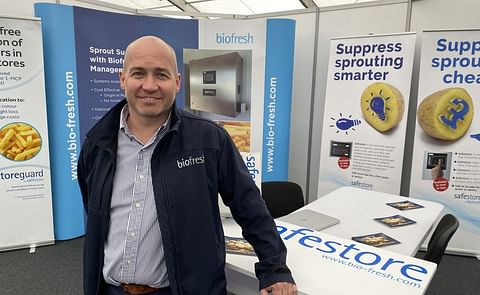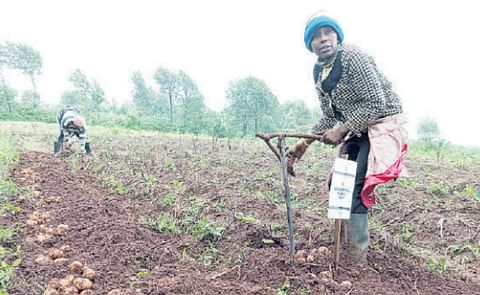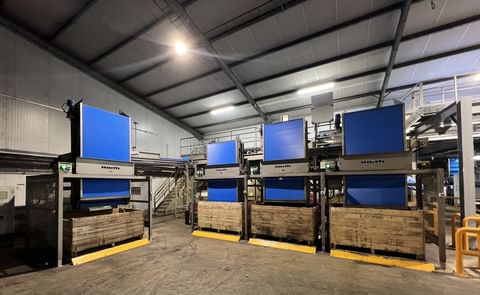Managing Director at the Jamaica Social Investment Fund (JSIF), Omar Sweeney (at podium), delivers the keynote address at the launch of a $19-million programme to boost Jamaica’s capacity to produce clean Irish potato seedlings, on August 15 at the Scientific Research Council (SRC) offices in St. Andrew. Others (from left) are Chief Post-Entry Officer at the Bodles Research Station, Dr. Peta-Gaye Chang; Consultant/Trainer with the programme, Dr. Juan Carlos Perez Guerra, and Permanent Secretary in the Ministry of Industry, Commerce, Agriculture and Fisheries, Donovan Stanberry.
Jamaica's capacity to produce virus-free seed potatoes gets boost

Jamaica’s capacity to produce clean Irish potato seedlings has been enhanced with a $19-million allocation from the Jamaica Social Investment Fund (JSIF).
Under the programme, the money spent annually to import 90 per cent of Irish potato seeds into the island will be cut significantly, while the availability of first-generation seeds will be guaranteed throughout the year.
Delivering the keynote address at the launch of the initiative on August 15, at the Scientific Research Council (SRC) offices in St. Andrew, Managing Director at JSIF, Omar Sweeney, pointed out that the project will also facilitate the control of pests and diseases, and increase the yield per hectare.
He told the gathering that JSIF contracted a microbiologist from Belgium to investigate the status of laboratories in Jamaica, as part of the development of the Irish potato industry.
The JSIF Head told his audience that coming out of the microbiologist’s report, the SRC, the Bodles Research Station, and the Northern Caribbean University (NCU), were identified as entities capable of producing Irish potato seeds.
With assistance to the three entities, Mr. Sweeney said they will have the capacity to generate in one year, 800,000 plantlets capable of producing 4.8 million microtubers. If imported they would cost US$2.4 million.
He pointed out that the same amount of tubers produced locally would result in savings of US$1 million, and they would be first-generation plants, free of diseases.
Mr. Sweeney said that in the short term it is envisaged that Jamaica can move from an importer of seed potatoes to an exporter, especially to other CARICOM states.
The programme has received endorsement from the Ministry of Industry, Commerce, Agriculture and Fisheries.






